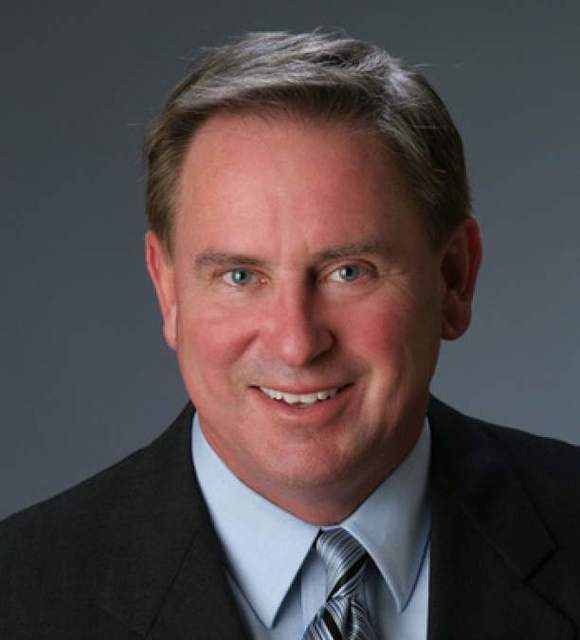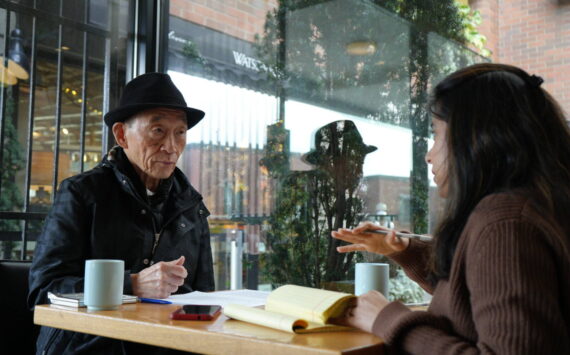The process of approving Mayor Ed Murray’s nomination for CEO of Seattle City Light, Larry Weis, proved to be less straightforward than both the mayor and Mr. Weis might have hoped. First, a clutch of environmental groups—350 Seattle, The Sierra Club, Got Green and Rising Tide Seattle—came out opposing the nomination. Next, City Council was flooded with e-mails from community members expressing concerns around Weis. Then, at the request of activists, the vote on Weis’ confirmation was delayed by some two weeks, in order to allow more time to investigate Weis’ environmental and equity record. As the vote drew nearer, The Stranger, The Seattle Times, and Crosscut all ran pieces highlighting the voices of those concerned about Weis’ appointment. In the end Weis’ nomination was approved by the Energy and Environment Committee, but only by a single vote—and with only Councilmember Lorena González voting in favor despite real “reservations.”
The day following the vote, however, this paper ran an editorial with the provocative title “Hot Air From the Climate Movement.” Amid a barrage of pointed criticisms, the piece called the opposition to Weis “wrongheaded” and “frustrating.”
But unfortunately, in this instance, the Weekly seems to have kind of missed the point.
Within days of the February 17 public hearing, at which grassroots environmental groups first came out in opposition to his appointment, Weis sent a memo to a cadre of Seattle’s environmental leaders and all nine City Councilmembers. “I am an advocate for the environment,” he said early on in the memo, before going on to list a roster of achievements designed to back up this claim. Toward the end of the letter Weis gets to his point, writing in bold just to ensure that nobody missed it: “I am announcing my intent to create an officer-level position at Seattle City Light [to work on] important issues around the environment.” Furthermore, he informed the environmental leaders, hailing from groups such as Climate Solutions, NW Energy Coalition, and the Bullitt Foundation, that he intended to “call on environmental leaders in Seattle to help this officer chart our environmental future.”
Would it be ridiculous to suggest that these two developments might in some way be related? That coming mere days after Weis realized there were serious concerns held by the Seattle community around his commitment to climate change, the announcement may even have been inspired by these “wrongheaded” campaigns of opposition?
While the Weekly editorial contained no mention of the creation of a new officer-level position within Seattle City Light, it did state that: “The climate movement’s salvos against Weis … have risked alienating a policy leader who could be an important ally in years to come.”
And here, as members of the climate movement, we need to consider what exactly the Weekly is telling us here? That we shouldn’t challenge those in power for fear that we might “alienate” them? That playing nice with leaders and establishment figures is the best and indeed only way to fight climate change?
That might be the role some groups play in this space. But it is not the role played by the sort of grassroots groups that spoke out against Weis’ appointment.
In any successful movement, different groups play different roles. Some groups exist to work with policy leaders, to manage these relationships and to ensure that these leaders become important allies. Others work to force issues into the public domain, to hold policy leaders accountable and to push the edges of what is known as the Overton window. One widely recognized result of this latter approach is that, sometimes, it can help those who practice the former get invited to the table.
And with Larry Weis now fully committed to sitting at the table with many of Seattle’s environmental leaders, there seems to be little wrongheaded or frustrating about that.
Alec Connon is an organizer and volunteer with 350 Seattle.
SW responds: Alec Connon is correct to say we should have mentioned Weis’ creation of an officer-level position at Seattle City Light focused on environmental issues. The central point of the editorial, after all, was that a fair examination of Weis’ job performance as the head of Austin Energy shows a utility leader who has been willing to work with environmentalists to reduce that city’s carbon footprint. The new position at City Light suggests that Weis is willing to do the same in Seattle. And yet 350 Seattle and others have continued to urge the Seattle City Council to vote against Weis’ nomination, which would result in Weis’ firing. Perhaps these groups think this is a good political strategy to force even more concessions from Weis. We find it dishonest and a distraction from the real work that needs to be done to battle climate change.








